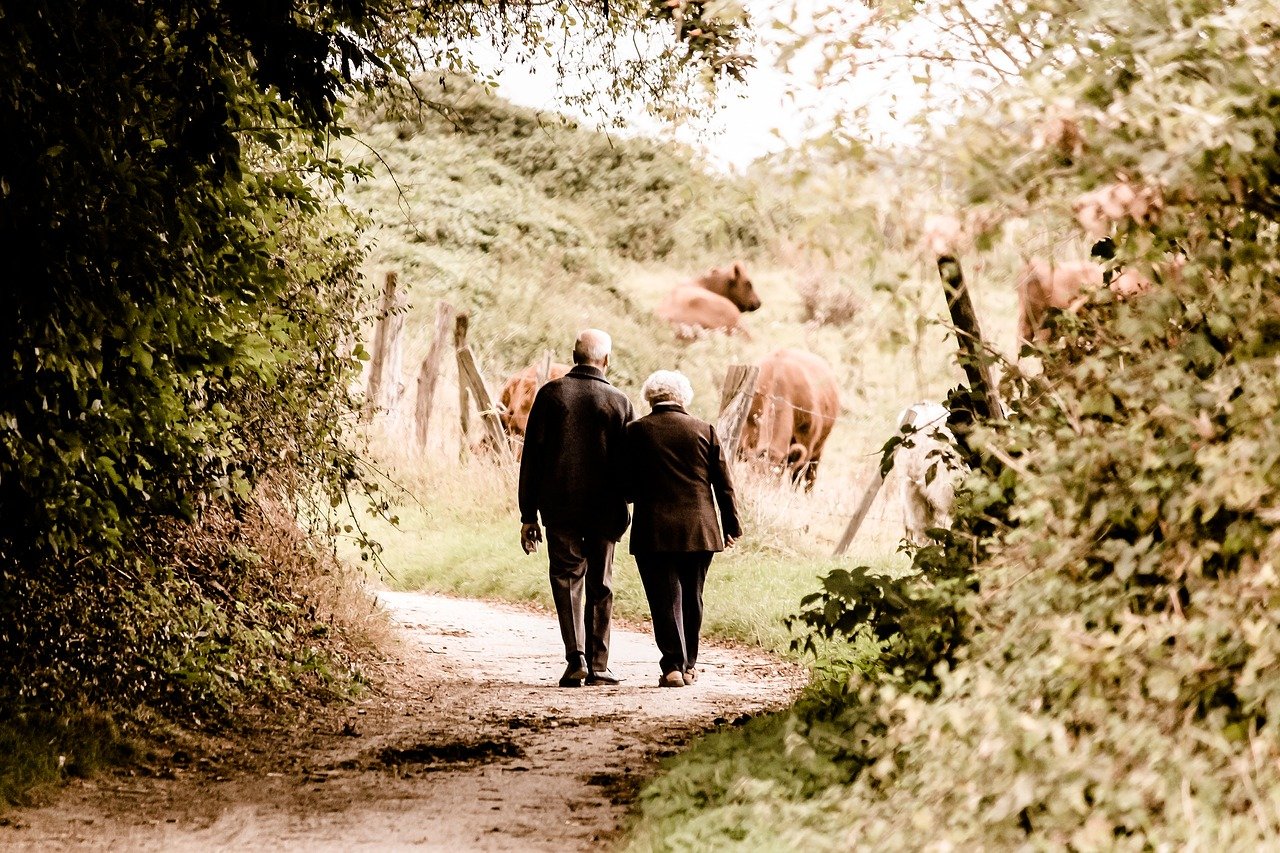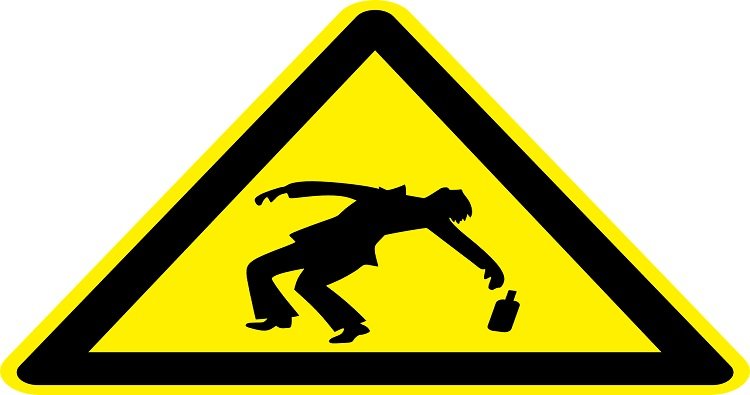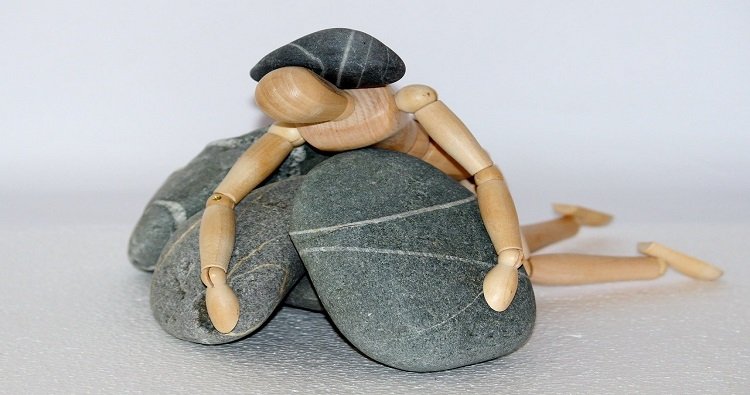- + 91 9958444373
- Malviya Road Dehradun, UK, India.
Blogs detail

NATURE HELPS IN IMPROVING MENTAL HEALTH
- 2020-07-05
We all know that Nature is the best therapist. Nature can help an individual get rid of the effects of anxiety, depression, or stress to a prominent level. As humans, we discover trees, plants, water, and other natural elements soothing and relaxing, we are fascinated by nature scenes and distracted from our pain and discomfort.
Ecotherapy is a therapeutic technique used by the clinicians to treat many mental health issues by connecting individuals to nature elements. Ecotherapy may be referred to as a green exercise or green care, this type of formal treatment involves active participation in natural spaces. Ecotherapy is also known as nature therapy or green therapy which is based upon the idea that people are associated and touched by the natural environment. The therapists may use techniques of nature therapy such as:
Nature meditation: Nature meditation is a meditation that takes place in a habitat could be a park, may sometimes be taken up as group therapy. The group members could be attracted to something in nature and then spending a few minutes seeing and relating that aspect of nature to them and the knowledge and understanding they get from it. Nature therapy can fill self-respect in individuals who face feelings of worthlessness.
Horticultural therapy: Plants and garden-related activities can be used to encourage and develop well-being. Various activities could be held including digging soil, planting seedlings, weeding garden beds, and trimming leaves. Horticultural therapy is recommended in cases of stress, burnout, substance abuse, as well as in cases of social isolation among the elderly people.
Animal-assisted therapy: In the animal-assisted therapy, one or more animals are introduced into the therapy process. Some studies have shown that petting or playing with a dog help in reducing aggression and distress in some populations.
Physical exercise is a natural environment: Physical exercise in a natural setting includes walking, jogging, cycling, or doing yoga in a park. These activities foster increased awareness of the natural world and are sometimes proposed for reducing stress, anxiety, depression, and anger.
Involvement in conservation activities: The act of restoring or conserving the natural environment can help in creating a sense of purpose and cheerfulness. This activity is usually done in groups and may also help foster a feeling of belonging and connectedness while improving one's mood. Nature is pleasing to every culture, caste, gender, or age. Spending time in nature or seeing nature is helpful in reducing anger, fear, and stress and increases pleasant feelings. Exposure to nature uplifts an individual both emotionally and mentally.
Research reveals that environments can either increased stress or decrease us stress, which in turn can affect our bodies. Seeing, hearing, or experiencing any moment not only changes your mood, but also the working of your nervous, endocrine, and immune systems.
The stress caused due to an undesirable situation can cause you to feel anxious, sad, or helpless. This, in turn, may raise your blood pressure, heart rate, muscle tension and suppresses your immune system; while a desirable situation reverses the effect of stress.
The Power of Flowers on Mental Health! Flowers appeal to every individual, regardless of gender or age. Flowers can affect anyone’s mood. They are said to hold the tendency to decrease the levels of anxiety, depression, and stress. A bouquet of flowers proves to be an excellent remedy for those enduring practical and psychological pressure. A study found that flowers can have an immediate impact on happiness, helps to alleviate feelings of depression and anxiety. Flowers are also helpful in increasing emotional bonds and connections between friends and family. Red roses can help revitalize positive energy and promote the moods of those suffering from anxiety and depression.
The Power of the Sound of Water on Mental Health!
The sounds of water prove to be a source of peace of mind. Since ages Sounds of water are used in meditation to create a soothing atmosphere for our minds. Science urges that the rhythm of ocean waves and tides coming back and forth can affect the rhythm of neuronal “waves” in our brain, which encourages a more peaceful pace of thought. Listening to water sounds during meditation helps one to learn to be presented at the moment, and experience things as they are.
The Power of Trees on Mental Health! Trees help us feel less stressed and more energized. One experiences less anxiety, hostility, fatigue, confusion, and depressive symptoms by walking around trees. Gazing at trees can induce significant better moods, more positive emotions, and a greater sense of personal restoration. Apart from decreasing and relieving stress, anxiety, and depression; nature has also been fruitful in reducing symptoms of many psychological disorders. Children who have been diagnosed with attention-deficit hyperactivity (ADHD) displayed fewer symptoms of ADHD after spending time in the habitat as compared to the time they were spending indoors or in a closed habitat. Including flowers and plants in a workplace can have a positive effect on the creativity and productivity of the employees and can help in solving flexible problems, while the presence of animals reduces aggression and irritation among children, and the ones diagnosed with Alzheimer’s disease.
Next time you are distressed, feeling anxious or stressed out spend some time in your garden observing the nature or maybe planting some plants and flowers as that will divert your mind, lighten up your mood, help you revitalize and keep you positive.
Contact now
We are a group of health professionals, including Psychologists, Clinical psychologist, Rehabilitation Psychologist, Counsellors, Mindfulness Experts and Social Workers. We are working since 2018 in India to foster mental health.
Contact Us
recent blogs
-

SADNESS AND DEPRESSION ARE DIFFERENT!
2020-06-16 -

ALCOHOL USE DISORDER (AUD)
2020-06-19 -

SEASONAL AFFECTIVE DISORDER (SAD)
2020-06-12 -

UNDERSTANDING MINDFULNESS MEDITATION
2020-06-03 -

BURDEN OF DEPRESSION
2020-06-17







